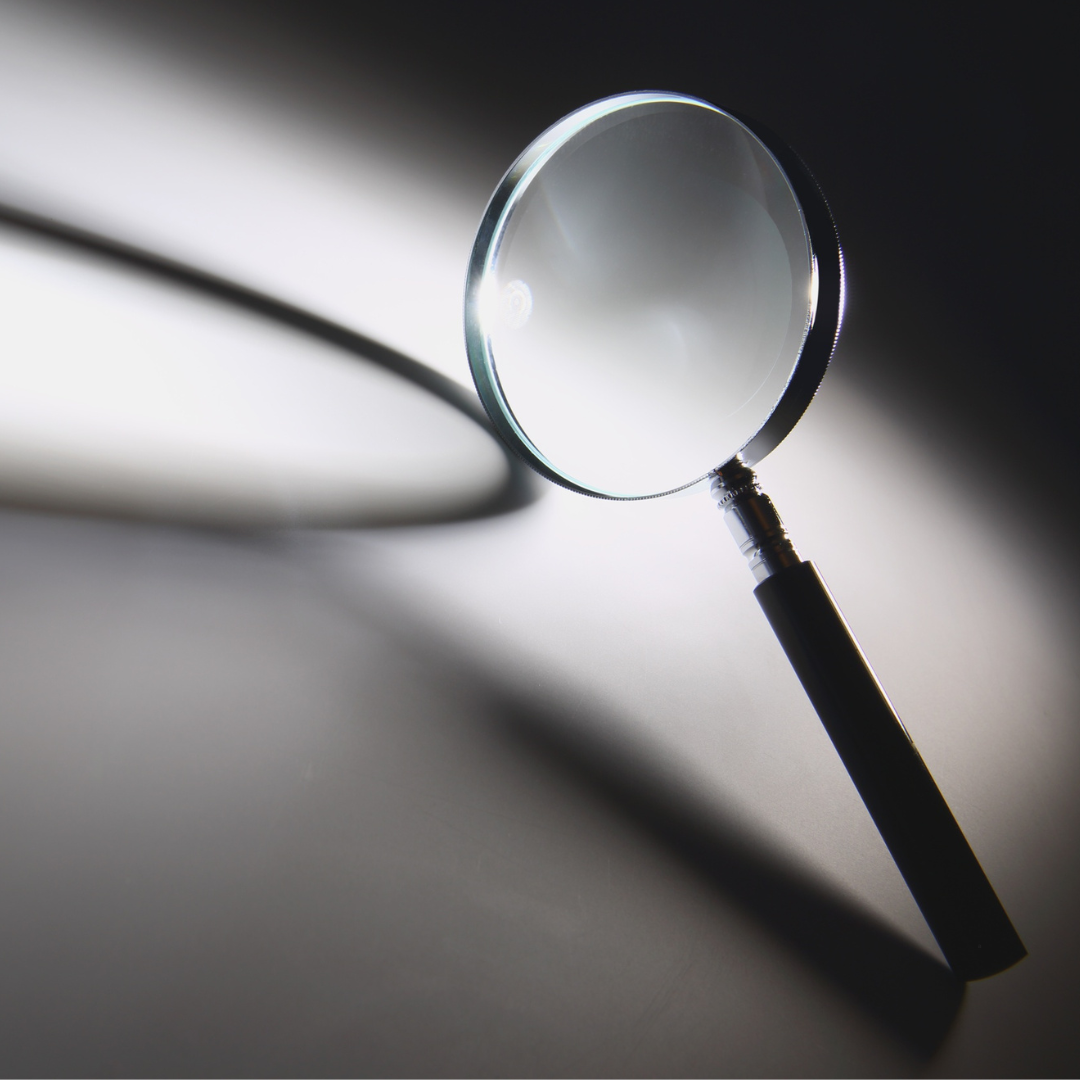FEATURED ARTICLES

How Taking a Second Look Can Change Everything
In a world where podcasting is supposed to be a space of inclusivity, storytelling, and diverse voices, ageism - particularly toward women - still finds a way to sneak into the sound booth. While the medium may not have the same visual barriers as television or film, the societal obsession with youth and the undervaluing of older women persists, just in subtler tones. For women in podcasting, being older often means being overlooked, underestimated, or assumed irrelevant, regardless of experience or talent.

Ageism in Podcasting
In a world where podcasting is supposed to be a space of inclusivity, storytelling, and diverse voices, ageism - particularly toward women - still finds a way to sneak into the sound booth. While the medium may not have the same visual barriers as television or film, the societal obsession with youth and the undervaluing of older women persists, just in subtler tones. For women in podcasting, being older often means being overlooked, underestimated, or assumed irrelevant, regardless of experience or talent.
